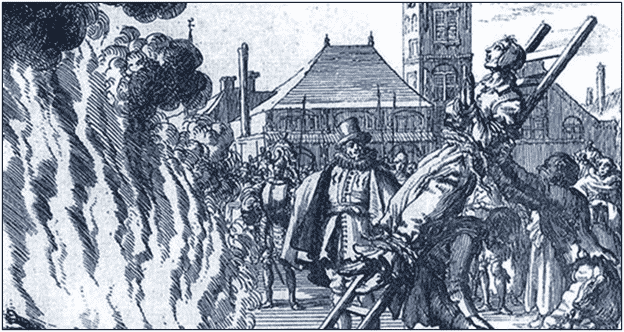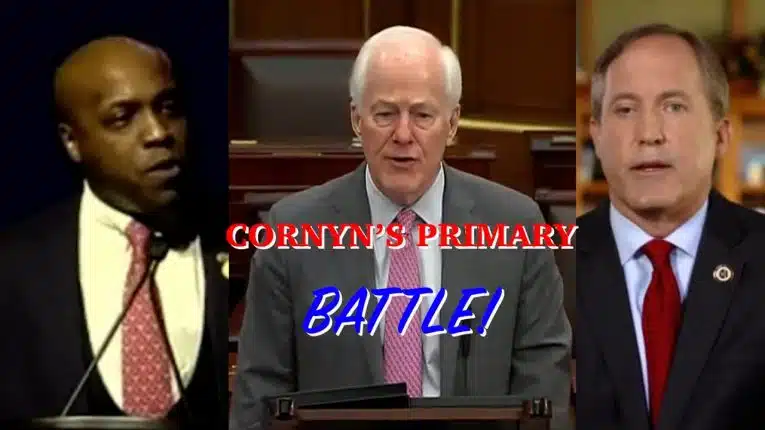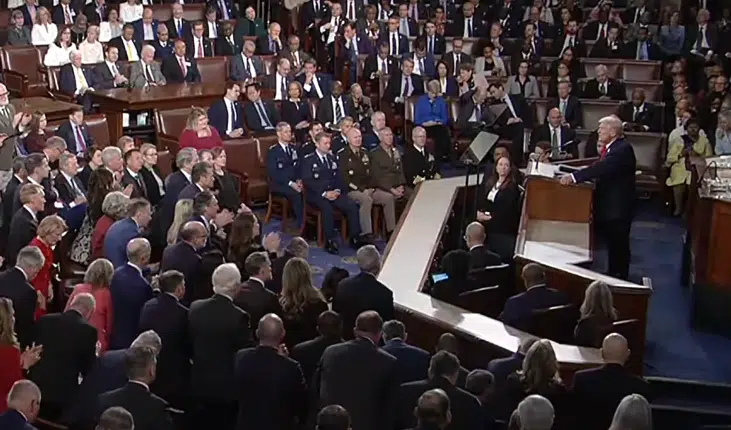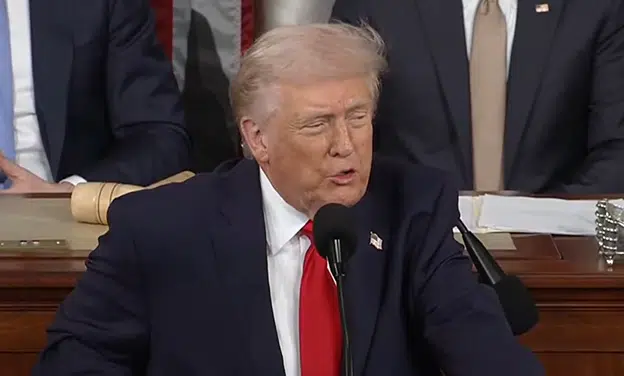
“If all mankind minus one were of one opinion, and only one person were of the contrary opinion, mankind would be no more justified in silencing that one person than he, if he had the power, would be justified in silencing mankind.”
That was famed philosopher John Stuart Mill in On Liberty in 1859, outlining the case against censorship, whether by governments or by society as a whole, on minority viewpoints that might not be popular.
Mill’s writings seem more prescient today than ever, as we live in an environment where social media has become a dominant part of our lives — and the ability of our republic to carry on public discourse via the two-party system has become somewhat dependent on it.
But in that environment, recently social media is issuing dictates about who is allowed to have a voice in that discussion, with Twitter and Facebook banning former President Donald Trump from their platforms following the Jan. 6 Capitol takeover, even though Trump in his speech urged his followers to peacefully demonstrate: “I know that everyone here will soon be marching over to the Capitol building to peacefully and patriotically make your voices heard.”
Trump was later impeached and then found not guilty in the Senate for his Jan. 6 speech at the Save America Rally, which found it to be protected political speech under the First Amendment.
But not before private corporations like Facebook and Twitter issued their own verdict on Trump, in effect cancelling him. In a similar vein, Amazon, Apple and Google deplatformed social media competitor Parler, for supposedly having an increased role in the political violence at the Capitol on Jan. 6, even though users of all those platforms had roles.
Facebook, where part of the attack was pre-planned by users according to FBI court filings, has since decided to make its ban of Trump permanent, an awfully dangerous precedent.
As the former President, Trump is largely viewed as one of the leaders of the opposition party in the U.S. Censoring him surely undermines the two-party system, which in part defends liberty by ensuring no single party can dominate the other or the nation as a whole.
Facebook and other big tech platforms are presuming to tell the American people which public officials and candidates for public office are allowed to be heard on their platforms.
This is a bid for one-party rule. And it is absolutely a threat to liberty.
If this were done on account of race or sex, it would be a clear violation of civil rights law, but because federal civil rights law does not protect partisan affiliation, there is almost no protection for opposition party candidates and officials.
Mill was well aware of the limits of protecting free speech in his own time, noting that it was not enough to defend speech from government encroachment: “Protection, therefore, against the tyranny of the magistrate is not enough; there needs protection also against the tyranny of prevailing opinion and feeling, against the tendency of society to impose, by other means than civil penalties, its own ideas and practices as rules of conduct on those who dissent from them; to fetter the development and, if possible prevent the formation of any individuality not in harmony with its ways, and compel all characters to fashion themselves upon the model of its own.”
Mill added, “[W]hen society is itself the tyrant — society collectively over the separate individuals who compose it — its means of tyrannising are not restricted to the acts which it may do by the hands of its political functionaries. Society can and does execute its own mandates; and if it issues wrong mandates instead of right, or any mandates at all in things with which it ought not to meddle, it practices a social tyranny more formidable than many kinds of political oppression, since, though not usually upheld by such extreme penalties, it leaves fewer means of escape, penetrating much more deeply into the details of life, and enslaving the soul itself.”
Narrowly expanding the franchise of protected groups under civil rights law to include political affiliation could help preserve liberty and our civil discourse. Interactive computer services could be defined as public accommodations so that social media services cannot be denied on the basis of partisan differences. Institutions like banking could also be prevented from engaging in political de-platforming. Common sense exceptions could be added, for example excluding employment hiring for exclusive organizations like political parties and organizations.
One thing is certain. If Congress does not begin treating the political system on the internet and elsewhere as a civil right the civil society depends on, then we will soon have a tyrannical one-party system. You’ve been warned.
Robert Romano is the Vice President of Public Policy at Americans for Limited Government.






